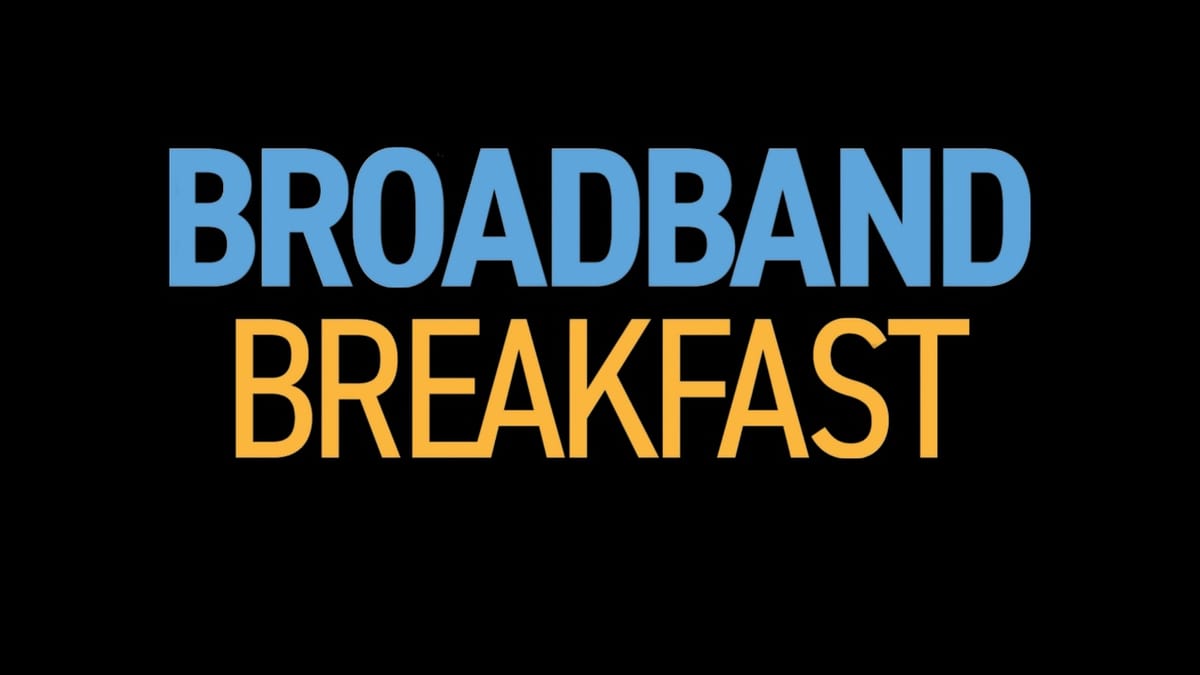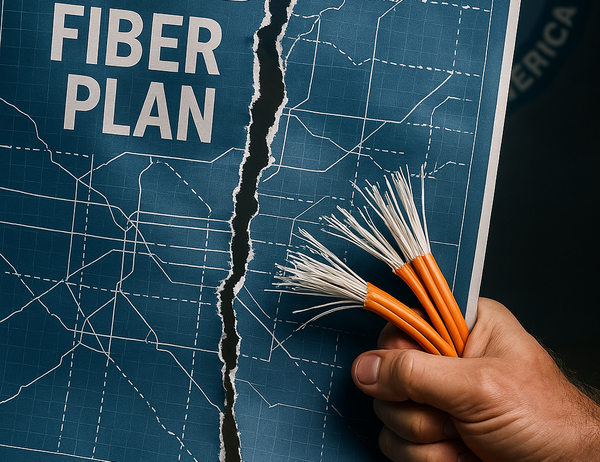States See Strong BEAD Participation as More Rounds Close
Virginia, Wisconsin, New Hampshire, and Maine wrapped up their first round of BEAD applications this week.
Jericho Casper

WASHINGTON, March 7, 2025 – Despite concerns this week about a lack of provider interest in the $42.5 billion Broadband, Equity, Access and Deployment program, states continue to show strong participation rates among Internet service providers competing for a share of the funding.

Several states closed their first BEAD application rounds in recent days, and while participation data is still being compiled, early reports suggest a high level of engagement from broadband providers. Here’s what we know so far:
Wisconsin
Wisconsin’s broadband office reported receiving 425 applications, requesting nearly $3 billion in funding in Tranche-1, according to a Feb. 28 letter from the state’s Public Service Commission. The requests far surpass the state’s allocation of $1.055 billion BEAD funds.
The applications cover 188,926 out of 199,067 eligible locations, an impressive 95% coverage rate.
“It is looking to be a competitive process with lots of participation and most importantly a path to ‘Internet for All’ Wisconsinites,” said Alyssa Kenney, state broadband and digital equity director at Wisconsin’s PSC, in a post to LinkedIn.
Wisconsin has structured its BEAD rollout into three separate application rounds. With the first round now closed, the state will begin evaluating applications while preparing for subsequent phases.
Virginia
Virginia’s first round for BEAD applicants closed on March 1, with Tamarah Holmes, director of the Virginia Office of Broadband, confirming that over 2,000 applications were submitted, vying for a share of the state’s $1.48 billion BEAD funds.
These applications cover 92% of the state’s eligible BEAD locations across more than 100 counties and cities in the Commonwealth, Holmes said, in a post to Instagram on March 4.
The top five Virginia counties that received applications were: Carroll, Chesterfield, Rockingham, Spotsylvania, and Pittsylvania, she said.
New Mexico
New Mexico had originally planned to close its first BEAD round on March 3, but extended the deadline to March 24 due to a “somewhat complex” challenge process issue the state office is working to resolve with the Commerce Department’s National Telecommunications and Information Administration, representatives told Broadband Breakfast.
“We will be happy to share preliminary data on the applications we receive once we close the submission window,” Andrew Wilder, BEAD Coordinator for New Mexico’s Office of Broadband Access and Expansion, said.
The state office has asked the state legislature for $70 million to provide a free Starlink terminal each to 95,000 unserved state locations – or 83% of all BEAD-eligible state locations. Later, the state plans to use most of its $675.4 million BEAD money to run fiber to homes that were offered Starlink.
Maine
Maine closed its first BEAD round on March 7, but state officials extended their internal review timeline. The Maine Connectivity Authority announced it will release preliminary outcomes next week.
“We will have more to share by mid-week next week and will share cursory outcomes of the BEAD Project Application in our newsletter,” MCA stated in a March 6 LinkedIn post.
New Hampshire
New Hampshire closed its first round of BEAD on March 1 and has been allocated $196.5 million in BEAD grant funds. However, state officials have not yet provided participation data, and a response to Broadband Breakfast’s inquiry was not received in time for publication.
Broadband Breakfast continues to track state-by-state participation as more data becomes available. See also the BEAD Grant Applications Tracker.
 Broadband BreakfastBroadband Breakfast
Broadband BreakfastBroadband Breakfast
See all Premium Charts and Data:
 Broadband BreakfastBroadband Breakfast
Broadband BreakfastBroadband Breakfast









